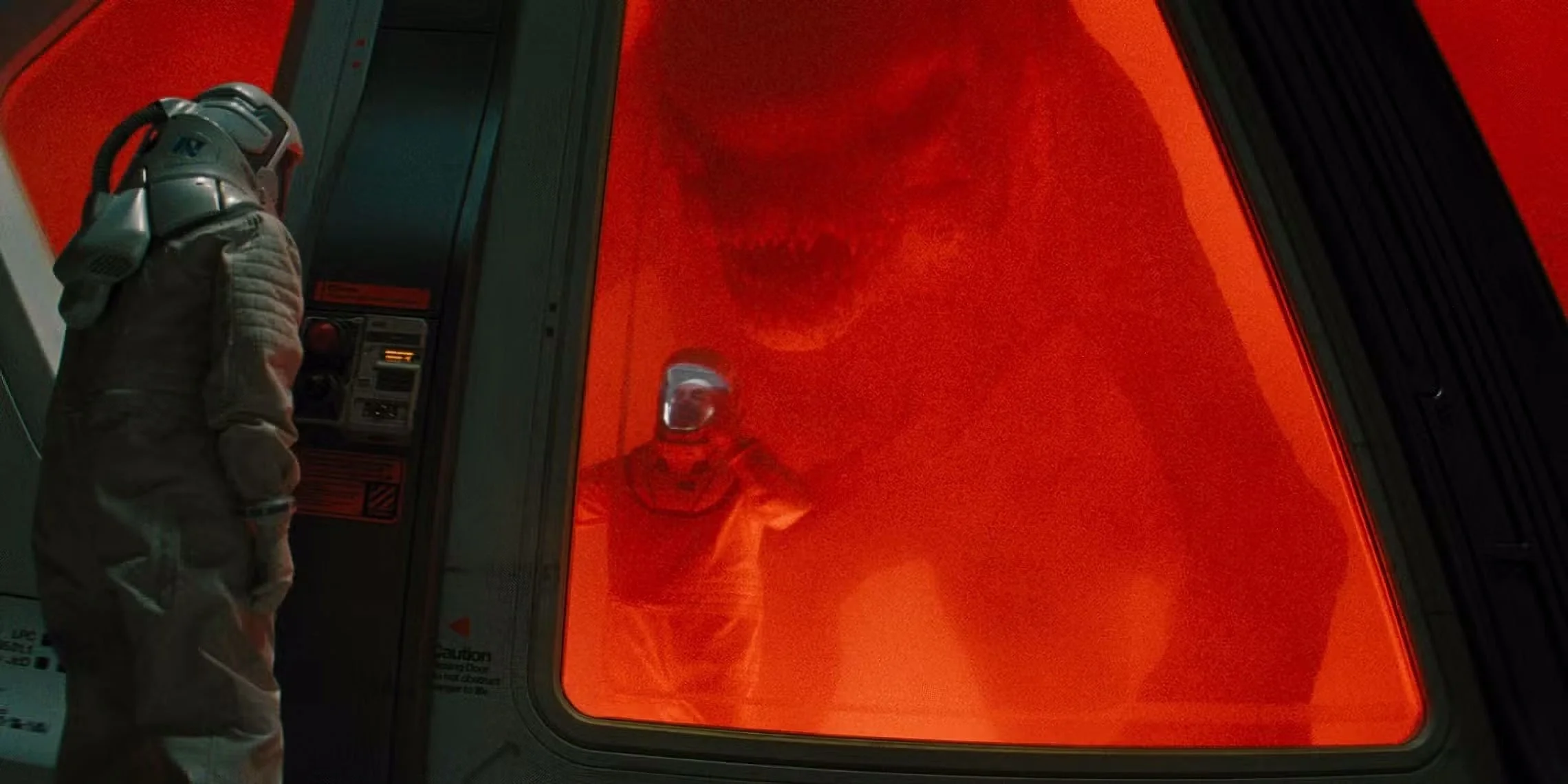If Bugonia is more of a thriller with a particularly mordant edge, is it satisfying? There are undeniably some images here I’ll never forget, especially from the amazing ending, which I won’t spoil. Everything leading up to that ending, unfortunately, resembled a somewhat low-energy stage play, punctuated by the aforementioned bursts of action.
Read MoreThe ironic thing about the now four movies in the World sub-series is that by building the movies around these implausible man-made beasts, it robs the stories of the thrills of the original Jurassic Park. We don’t need gimmicks. We can still be awed by creatures that roamed the planet millions of years ago. The filmmakers just need to spend a little more time on the humans we’re meant to care about.
Read MoreEverything in these movies seems to be for Snyder alone. It’s as if the only point of four and half hours of movie runtime is for him to prove that he can spend all this money to capture his meticulous little scenes on his camera, refracted through his gauzy vintage lenses. Never before has the act of filmmaking felt more like someone painting Warhammer figures in their basement.
Read MoreVilleneuve’s script makes it obvious that no matter how much free will Paul attempts to display, his fate is preordained. He will rise up to lead the Fremen, even if that means setting off a chain reaction of events that begets ever more bloodshed. It’s proof of Villeneuve’s skill and the abilities of the cast that we’re hardly ever in the dark about the characters’ feelings – they don’t get lost amid the larger, bombastic action setpieces happening around them.
Read MoreMuscular, many-limbed and possessing tentacles that eject bullet-like spines, the so-called Whitespikes are instantly believable as a species that could overrun the Earth. So it’s a shame that the movie that introduces them feels distinctly familiar, as if constructed from pieces of other, better sci-fi movies.
Read MoreThe script is too thin to really grapple with the moral dilemma. We get a few sequences where the characters individually break down due to the stress, but the drama never builds to the wrenching height that the situation demands. Maybe you can chalk that up to the immense training and professionalism that these characters would exemplify, but it did leave me a bit cold.
Read MoreWith Tenet, Nolan presents his most brain-liquifying examination of time yet, “inversion”. In his earlier movies, Nolan’s playing around with time was wild but still largely comprehensible on first viewing. In the nested dream worlds of Inception, it’s easy to grasp how time slows down the deeper in the dream you travel. But in Tenet, the physics are so surreal we might as well be sipping coffee in the Black Lodge on Twin Peaks.
Read MoreNora fares a bit better. She’s the heart of the show, as someone who both loves and hates the idea of digital afterlife; she believes in the ideals that the tech is based on, but hates how corporate culture has infected it with predatory policies. Nora is someone who struggles to connect with people in the real world, and when she finally finds someone she truly cares about, he’s tragically both already dead and a professional client.
Read MoreFirst introduced to audiences as a graphic novel in 1982 as Le Transperceneige, it was adapted into a feature film in 2013 as Snowpiercer to near-universal acclaim. Fast forward to 2020, and we now have a TV iteration that, so far, struggles to answer the unenviable question of… why?
Read MoreThere’s plenty of moments that, in the era of COVID-19, seem all too familiar. The characters are hypervigilant around sources of infection, frantically double-checking their suits and disinfecting everything. They soon develop an effective blood-based test for the virus, and in the fourth season, part of an episode revolves around performing community-wide tests to determine if someone’s been exposed.
Read MoreA character glimpsed briefly in one episode will eventually get an installment of her own. The high-tech discoveries at the Loop figure into each one, but we’re never left with the sense that the show is trying to sound dire warnings about its viewers’ relationship with their phones or social media.
Read MoreBut in Hawley’s hands, the proceedings are a little bit too experimental to help us develop compassion for Lucy (Natalie Portman). By the time the movie wraps up, Lucy has fallen incredibly far - blasting her former lover in the eyes with insect spray and fleeing the cops in an airport parking garage - but her story is only unintentionally funny, instead of moving.
Read MoreNow with its new season (or “part”, as Netflix bills it) available after a three-year hiatus, the show remains an impossible-to-classify item in the platform’s catalogue, a show that makes you sound a bit crazy when you try to describe it.
Read MoreIn a world where mortal injuries can often be fixed as easily as sticking a severed head onto a robotic body, the movie contemplates what it means to be human, especially in a society filled with people who might pull off your arm (or even your head) and exchange it for profit.
Read MoreAnd just as venerable franchises like Star Trek and Star Wars adapt to the changing times, Lost in Space has launched on Netflix in a shiny new production, looking to mirror the progressive ideals of the current cultural landscape. And even though some may argue that sci-fi is a saturated genre, Lost in Space – whose original version actually predates the original Trek by a year, hitting CBS in 1965 – does try to set itself apart. It keeps the focus not on the intrepid crew of Starfleet-esque officers, or on a rag-tag group of rebels taking down an evil empire, but on a family unit.
Read More











![[TIFF 2019] REVIEW: ‘Lucy in the Sky’ blows up on the launch pad](https://images.squarespace-cdn.com/content/v1/5856d460197aea66c1dc96bf/1569705303055-IPRG0DRQSDBIP32EFXFT/Lucy+in+the+Sky+1.jpg)


